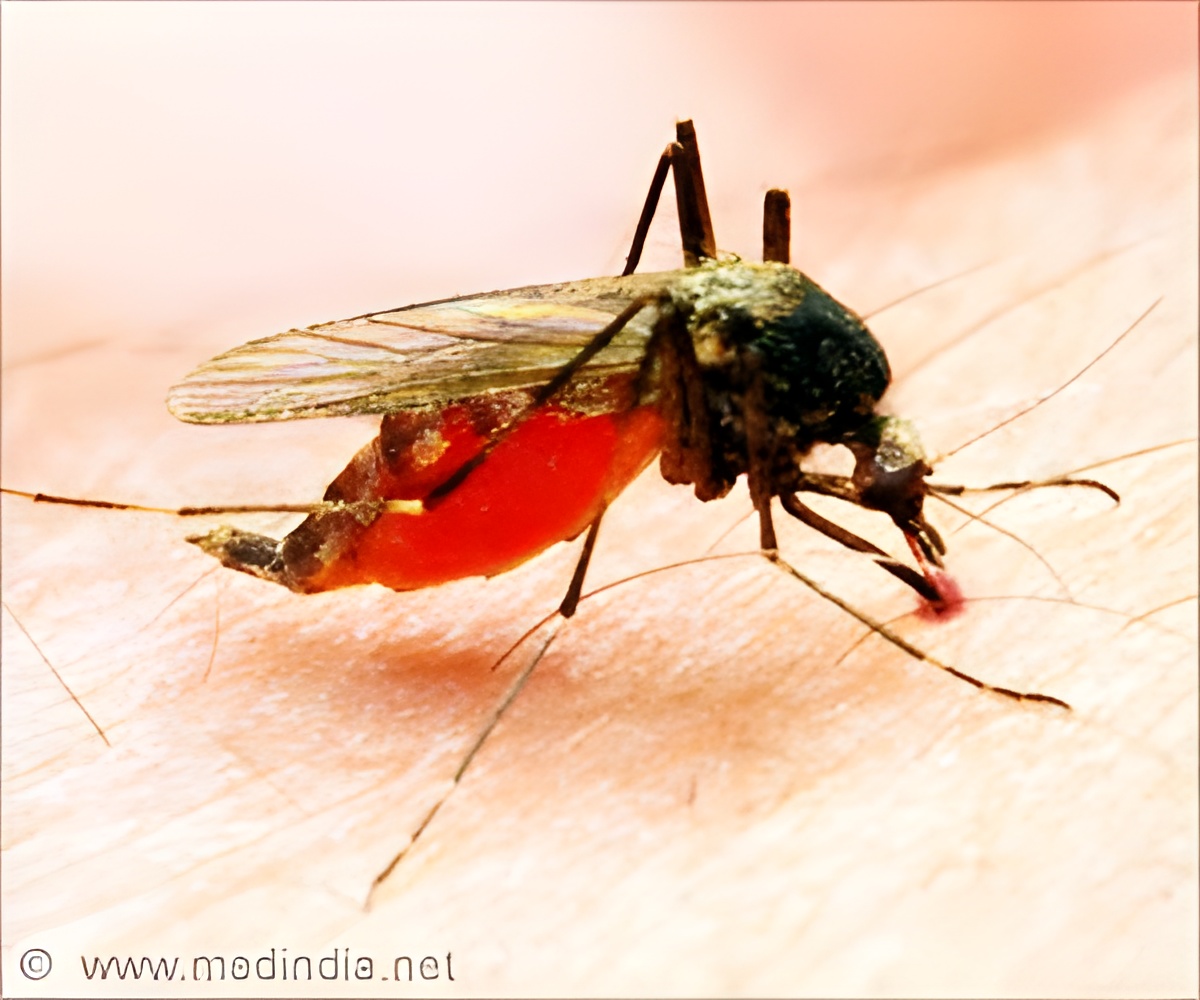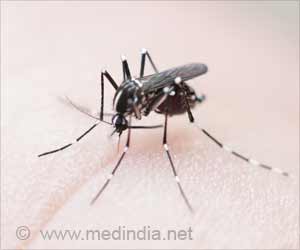People with few or no symptoms may actually be contributing to the spread of the dengue virus without realizing it.

‘The dengue virus can be spread back to mosquitoes by asymptomatic carriers, who are actually more infectious than those displaying symptoms. This new finding raises the possibility that people with few or no symptoms may actually be contributing to the spread of the dengue virus without realizing it.’





The research team provided proof that people infected by dengue virus but showing no clinical symptoms can actually infect mosquitoes that bite them. It appears that these asymptomatic people - who, together with mildly symptomatic patients, represent 75% of all dengue infections - could be involved in the transmission chain of the virus.
The study findings question established theories concerning the epidemiology of dengue. This new finding raises the possibility that people with few or no symptoms - in other words the majority of those infected by dengue - may actually be contributing to the spread of the dengue virus without realizing it.
The study is published in PNAS.
Source-ANI











